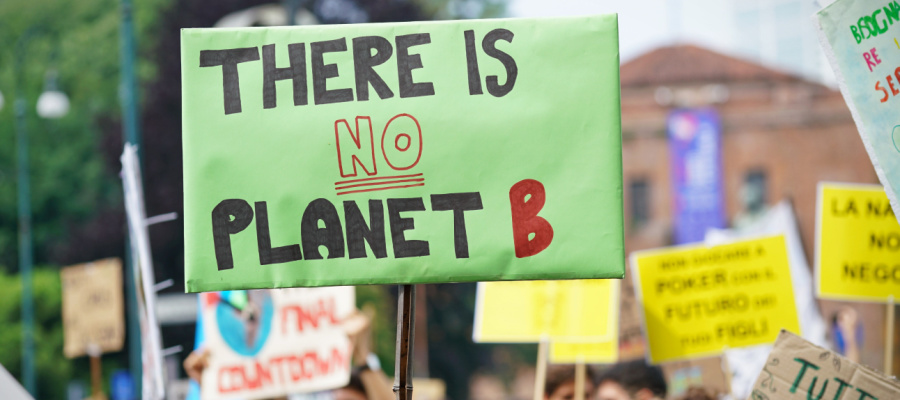Save The Earth – Vote!
Global warming is “a socialist plot” to steal from the rich – according to Prime Minister Stephen Harper.
However, it’s not just Harper. The federal government, under both Liberals and Conservatives, has not only resisted environmental action in Canada, they have opposed international efforts to protect the Earth.
Indeed, George Monbiot wrote that Canada is “the nation that has done most to sabotage a new climate change agreement.”
In his recent lecture, historian, journalist, and author Gwynne Dyer described how most countries are now doing long-term planning to cope with environmental destruction. But not in Ottawa.
Dyer added, “We are going to go past the point of no return” in 15-20 years if we don’t get serious about global warming.
We must develop strategies that will have the greatest impact as quickly as possible.
The most promising approach is to put pressure on governments by using a multitude of tactics, including the ballot box, to demand an immediate Second World War-type mobilization to deal with the systemic crises.
Such “ecological Keynesianism”— massive government programs to protect the natural world—could create jobs in sustainable industries and promote a plethora of ecological initiatives (local food production, public transportation, energy conservation, and so on) – but only if people demand it.
However, even those who understand the seriousness of our situation often do nothing, due to distractions; despair, and busy lives.
The simple act of voting could make all the difference.
Nothing provides such a direct—and easy—route to politicians as voting does.
As Bill McKibben wrote: “We need to be able to explain to them that continuing in their ways will end something that they care about: their careers.”
In many ridings, even a small increase in “environmental” voters would make a difference.
I once asked Social Ecologist Murray Bookchin, when participation in elections is justified. His response, regarding what he called, “the cesspool of bourgeois parliamentarianism” was undogmatic: “You do what you have to do.”
Obviously, voting is not enough. The key to a successful ecological movement is Bookchin’s concept of “unity in diversity” – organizing movements that focus on common values and working together with mutual respect.
Other forms of action must intensify: organizing, letters to the editor, demonstrations, media reform, and public education – working inside and outside of the political system.
There may not be enough time to transform the global economy into one that is democratic, just, and sustainable. But as Noam Chomsky observed, while we can’t know if our efforts will prevent tragedy, we can be sure that inaction will guarantee greater disaster.
Cynicism is a luxury that we can’t afford.
We already have enough wealth, knowledge, and technology to solve the environmental crises, create a more humane society, end war, and eliminate global poverty – if we take democracy seriously, get organized and take control of our lives.
And voting is the simplest way to make a difference.
Topics: Climate change & energy policy, Economy, Election commentary, Environment, resources & sustainability

